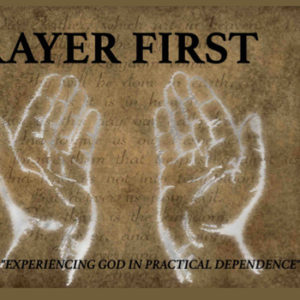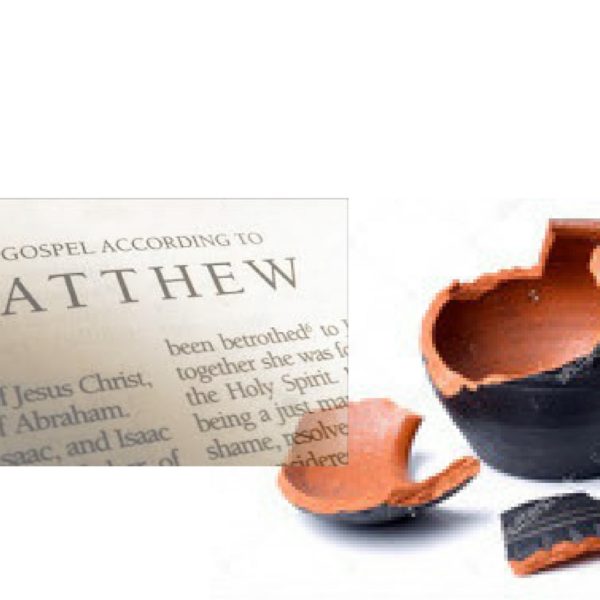Prayer First: Breakthrough Prayer
Acts 4:23-31
Bold praying may bring bold breakthrough. What reason do followers of Jesus have to pray bold prayers? During a time of great challenge and opposition, the first century church dared to pray a bold prayer. It was saturated with truthful affirmation about who God is. It was a prayer that was honest about the reality of the opposition. Yet the prayer offered up was not ultimately about safety. It was about gospel advance. There was request for enabling to be bold. There was honest request for God to work supernaturally. And it all resulted in breakthrough, and a powerful move of God. What can we learn from the first century church? Join us as we consider this matter of breakthrough prayer.
Pastor Tim Haugen


